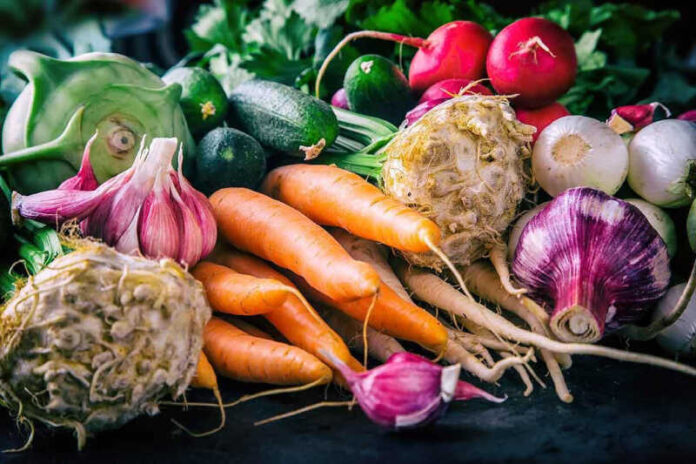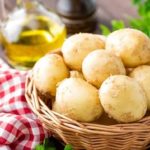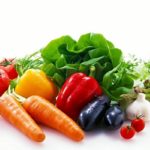In recent times, there has been an increasing buzz about vegetables being dipped in pesticides. Those lush green vegetables that we see are often treated with chemicals! It’s a real maze to navigate through to find truly ‘clean’ and safe produce. If our bodies accumulate too many toxic chemicals like pesticides and growth hormones, it can lead to food poisoning, cancer, neurological disorders, fatigue, and weakness, among other health issues. These substances are particularly harmful to children, whose stomachs are still developing, and can also affect adults.
In reality, as the air warms up, it creates a conducive environment for insects to thrive, and the use of fertilizers and pesticides becomes the most common solution for farmers. However, if the amount of pesticide and fertilizer is kept within safe limits, it won’t leave harmful residues in our food. A thorough wash with water or saline solution can help remove these chemicals. Lately, greenhouse and hydroponic models have been gaining traction as they minimize insect interference and promote healthy, pesticide-free produce. Depending on the characteristics of certain plants, some can be safely grown using conventional methods and still be considered organic (with little to no pesticides). Let’s take note of these safe vegetable options!
1 Root Vegetables
 Root Vegetables
Root Vegetables
Sweet potatoes, carrots, onions, and beets contain low levels of pesticides compared to other foods because they grow deep in the soil, making it difficult for pesticides to penetrate through the layers of earth.
These root vegetables are less prone to insect attacks and have a longer shelf life, reducing the need for pesticides.
Onions are ranked among the top 17 least pesticide-laden foods by the Environmental Working Group (EWG) in the US in 2017. In addition to enhancing the flavor of dishes, onions contain Quercetin, which helps inhibit stomach-inflaming bacteria.
2 Gourds: Bitter Melon, Squash, and Eggplant
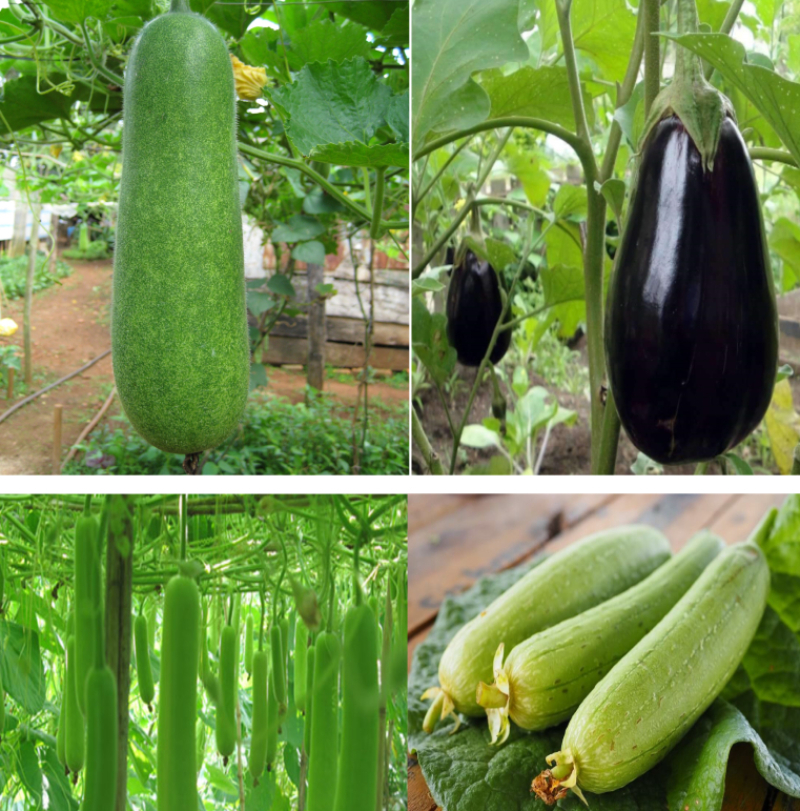
For vine-growing vegetables, the amount of pesticide residue on the fruit is minimal, making them a safe food choice. Bitter melon, squash, and eggplants have thick skins, minimizing the absorption of chemicals.
Eggplants are also considered among the least pesticide-laden vegetables due to their thick skins and low susceptibility to insect attacks.
3 Asparagus
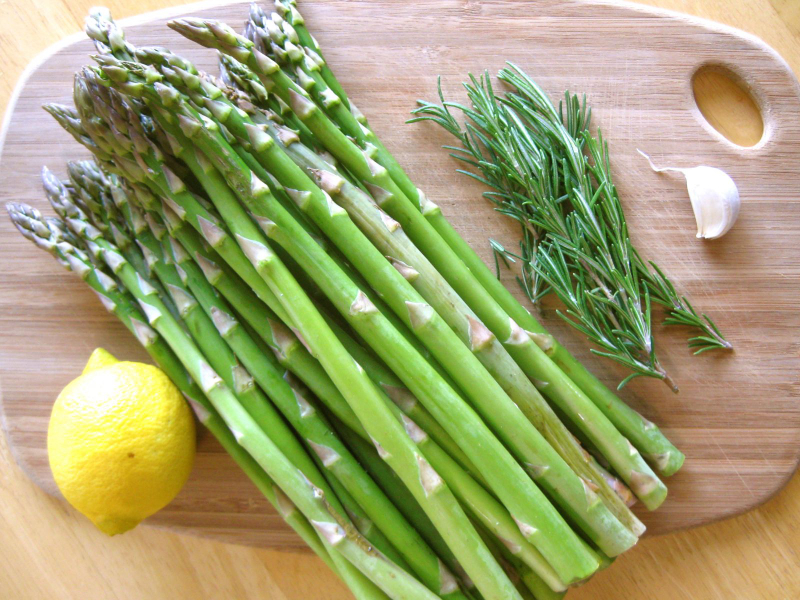
Asparagus is an extremely nutritious food with a very low pesticide content.
Asparagus has a deep-growing root system, often referred to as a crown. The thick, fleshy roots have many long, thin rhizomes with a diameter of 5-6mm and a light brown color. The above-ground stems are marked with scars from fallen branches. The thick roots are less susceptible to insect damage, making this vegetable safe for consumption.
4 Herbs and Edible Flowers
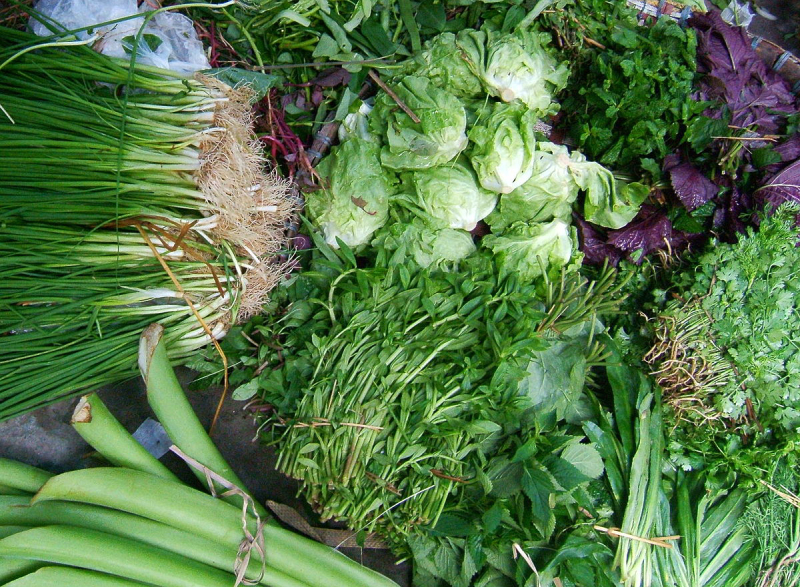
These plants are relatively safe as insects tend to avoid them, reducing the need for heavy pesticide use compared to other vegetables like cabbage or yardlong beans. Interestingly, herbs have natural insect-repelling fragrances. These plants can grow without the need for pesticides.
5 Amaranth, Malabar Spinach, and Swiss Chard
Since these vegetables are less appealing to insects, they naturally require fewer pesticides and other chemical treatments. Feel free to include these in your family meals or your baby’s diet!
Some tips for shoppers:
– Buy vegetables that are in season, as this reduces the need for excessive pesticides and preservatives.
– After purchasing vegetables, soak them in clean water for 10-60 minutes before rinsing to remove up to 60% of any remaining pesticide residue.
– Use diluted saltwater or rice water to neutralize toxic residues from pesticides. For fruits like eggplants, green chilies, and especially directly consumed produce, soak them thoroughly before rinsing and peeling.
– Exposing vegetables to sunlight for about 5 minutes is another way to reduce pesticide residues.
– For heat-tolerant vegetables like broccoli, beans, and celery, blanch them in hot water after washing to reduce pesticide content by up to 90% before cooking at high temperatures.
Expert Advice on How to Identify Unsafe Food
Are you aware of how to inspect food for possible safety risks? With the presence of food products from unclear origins and chemicals used as preservatives, it is important to be vigilant in selecting food items for our families. Join us in the Food Tips section to take a closer look at how to select safe and healthy food for our families!

